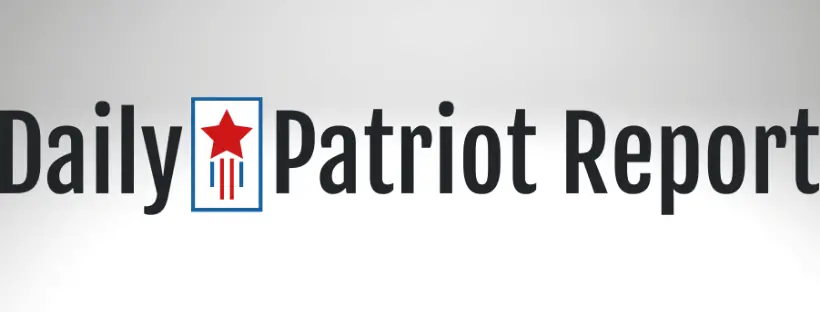Unilever, the multinational giant with around 400 brands, announced on Tuesday its plan to spin off its ice cream division. This includes well-known brands such as Ben & Jerry's, Breyers, Magnum, Popsicle, and Klondike. The company has been involved in the ice cream business for over a century.
The decision is part of Unilever's strategy for growth, aiming for a more streamlined operation. Additionally, by separating from Ben & Jerry's, Unilever hopes to alleviate a persistent issue.
Ben & Jerry's, founded in 1978, has long been engaged in progressive activism. Despite being sold to Unilever in 2000, it retained an independent board to continue its activism.
However, this arrangement has increasingly embroiled Unilever in controversies due to Ben & Jerry's stance on various issues.
A major controversy erupted in July 2021 when Ben & Jerry’s announced it would stop selling its products in what it called "Occupied Palestinian Territory." This led to accusations of boycotting Israel and significant backlash.
Israel threatened Unilever with repercussions, and U.S. lawmakers sought an SEC investigation. Unilever sold the Ben & Jerry’s operations in Israel in June 2022 to quell the controversy, but the damage to its image persisted.
Ben & Jerry's faced another boycott threat after a contentious Independence Day tweet in 2022. The tweet criticized the U.S. for being on stolen Indigenous land, sparking further controversy.
Several U.S. states have pulled their retirement funds from Unilever due to Ben & Jerry's actions, including Arizona, Florida, Illinois, New Jersey, New York, Texas, and North Carolina.
North Carolina's State Treasurer Dale Folwell commented that Unilever likely didn't foresee the extent of the issues caused by Ben & Jerry's autonomy. He acknowledged the brand's entrepreneurial spirit but criticized the lack of anticipated consequences.
"I don’t know the people at Ben & Jerry’s. I respect their entrepreneurship. I think when they signed the contract, Ben & Jerry’s anticipated something like this," said Folwell, also a governor candidate in 2024.
"Unilever didn’t anticipate anything like this," Folwell continued. "Generally, when a parent tells a kid not to do something, they expect them to listen."
